Technology
Google Expands Emoji Kitchen to Web Search: A Fun Way to Create and Share Emoji Mashups
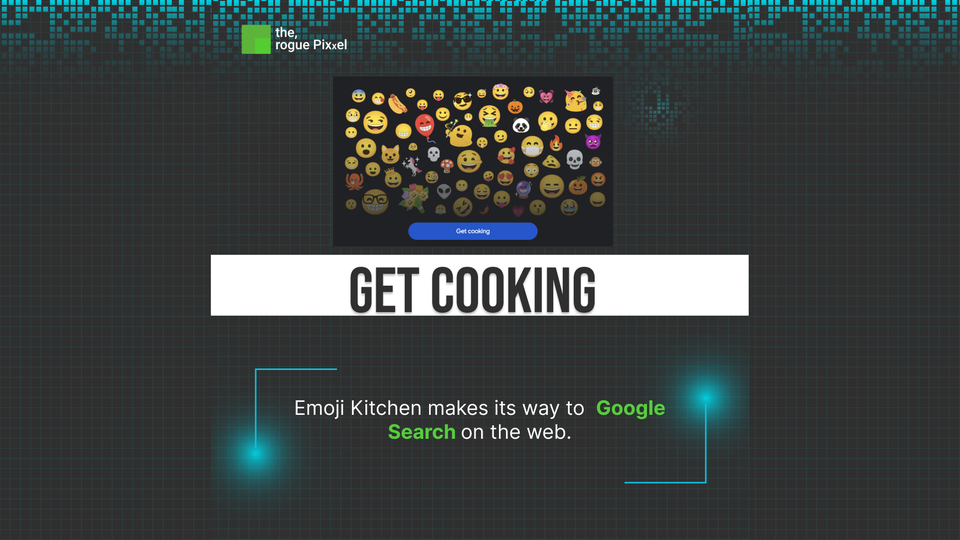
Tech Updates (10 Sept 2023-16 Sept 2023)
Mark Zuckerberg Announces the Global Launch of WhatsApp Channels, Offering a Private Platform for Updates from Notable Personalities and Organizations
Mark Zuckerberg, the CEO of Meta, announced the launch of WhatsApp Channels in India and over 150 other countries through a Facebook post. WhatsApp Channels will serve as a one-way broadcast tool allowing users to receive updates from people and organizations that are important to them. Users can find and follow channels under the new 'Updates' tab in WhatsApp. The feature offers enhanced directory functionalities, reactions with emojis, editing options for admins, and forwarding features with a link back to the channel for more information. Several prominent personalities, including Katrina Kaif, Vijay Deverakonda, and Diljit Dosanjh, have shown enthusiasm for the new feature, using it as a platform to connect with their audiences more personally. The global rollout of WhatsApp Channels will occur over the next few weeks.

Microsoft and Paige Collaborate to Develop the World's Largest Image-Based AI Model for Cancer Research
Tech giant Microsoft has partnered with digital pathology provider Paige to create the world's largest image-based artificial intelligence (AI) model aimed at advancing cancer research. This AI model, with billions of parameters, promises to transform the pathology of cancer by identifying both common and rare types of the disease, aiding in early and accurate diagnoses. Paige has already developed a foundational model using over one billion images from various cancer types and intends to incorporate up to four million more microscopy slides from its extensive clinical data archive in the next development phase. Leveraging Microsoft's advanced supercomputing infrastructure and Azure platform, this collaborative effort aims to deploy the technology globally, offering unprecedented insights into cancer pathology and enhancing patient outcomes.
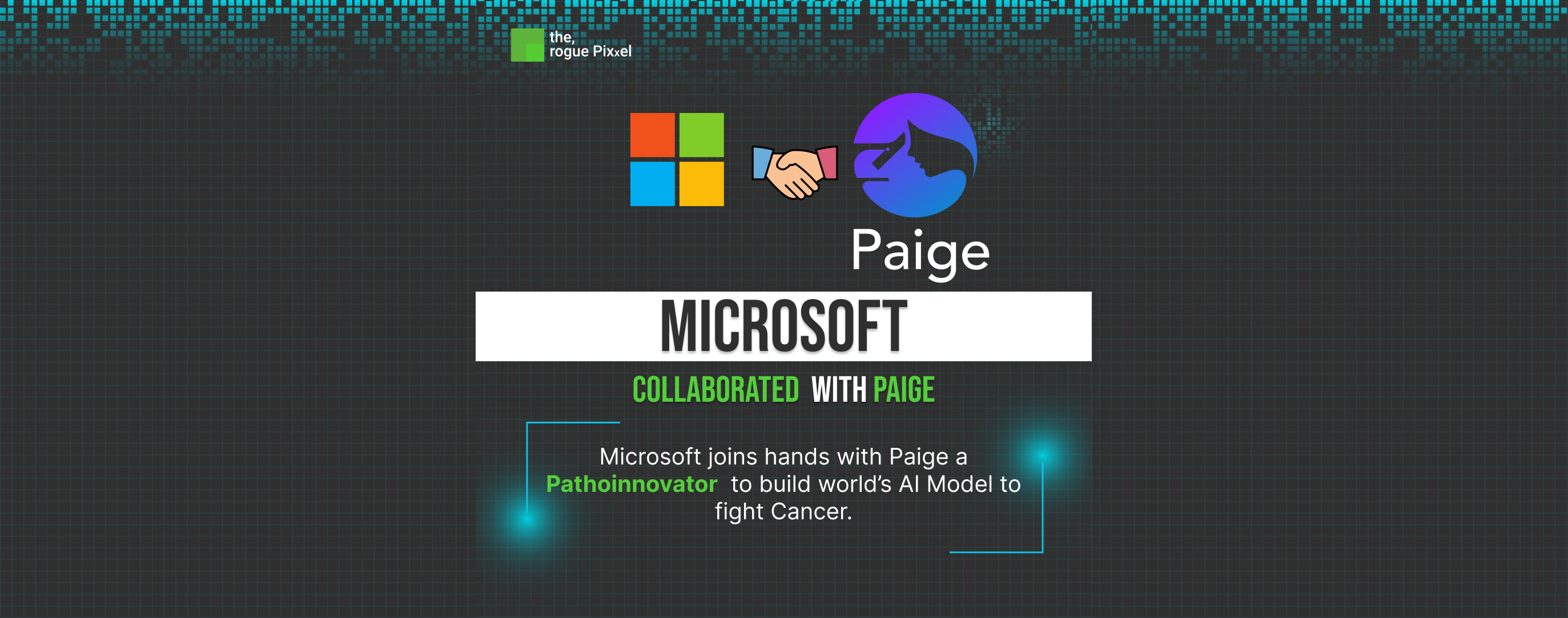
EY Invests $1.4 Billion in AI, Developing Large Language Model and Training 400,000 Employees.
Consulting giant Ernst & Young (EY) has revealed a $1.4 billion investment in artificial intelligence (AI) over the past 18 months, focusing on creating in-house AI tools to unlock new economic potentials responsibly. The initiative includes the development of a large language model, EY.ai EYQ, intended as an in-house chat interface that will be trained on publicly available information and eventually on internal data such as extensive tax figures. However, client data will not be utilized for training, ensuring privacy and security. Additionally, EY has launched an AI platform featuring a range of tools including a payroll chatbot and predictive analytics to assist clients in incorporating AI into their workflows. The company plans to train its 400,000 employees to use the new technology, with over 5,000 already undergoing training. This investment aligns with the trend of hefty AI investments made by other consulting firms and various industries aiming to harness the capabilities of generative AI technology.
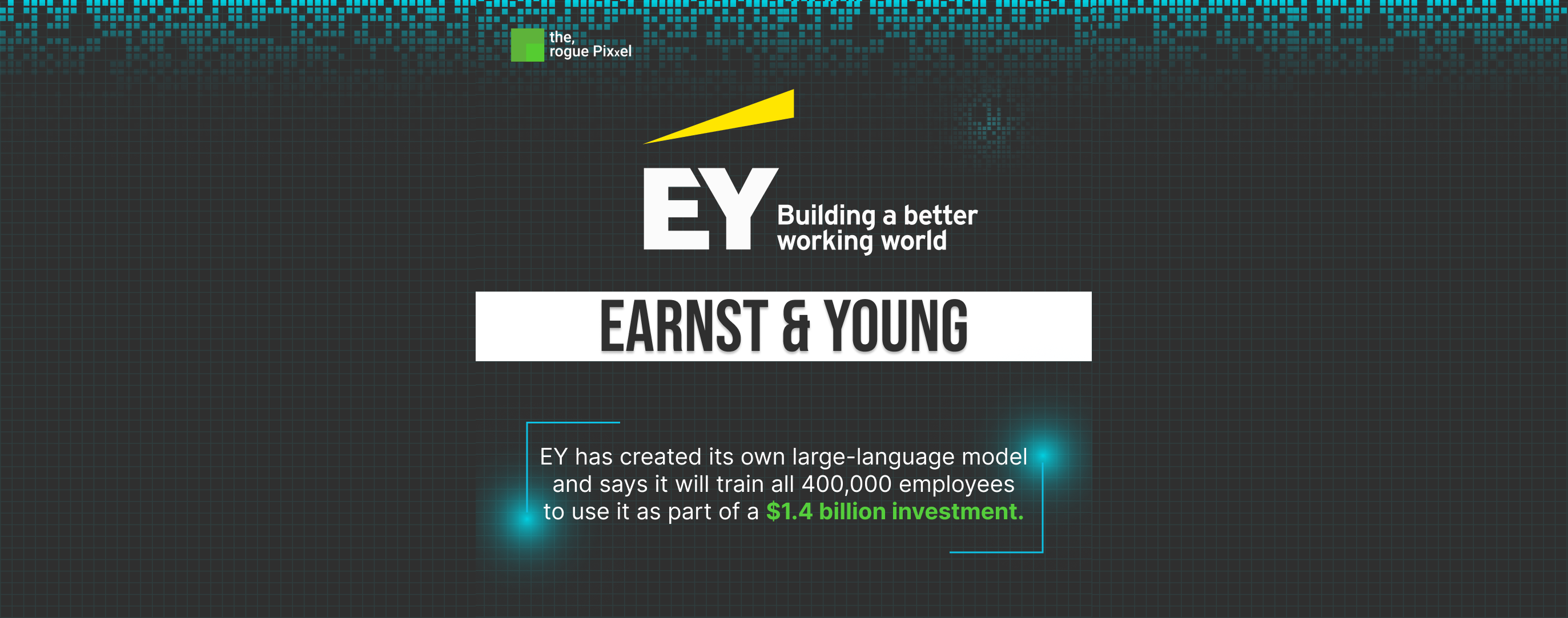
AI Tool RETFound Utilizes Retinal Images to Predict Heart Failure and Diagnose Diseases
Scientists have developed RETFound, an AI tool capable of diagnosing and predicting the risk of several health conditions, including heart failure, through the analysis of retinal images. Trained on 1.6 million retinal images using a self-supervised learning method, it negates the need for manual labeling, making the process more efficient and cost-effective. The tool analyses the retinal scans to identify abnormalities that may indicate various diseases, including ocular diseases and Parkinson's disease. While RETFound's performance in detecting systemic diseases is not perfect, it is noted to be superior to many other AI models and is expected to improve with further data and development.
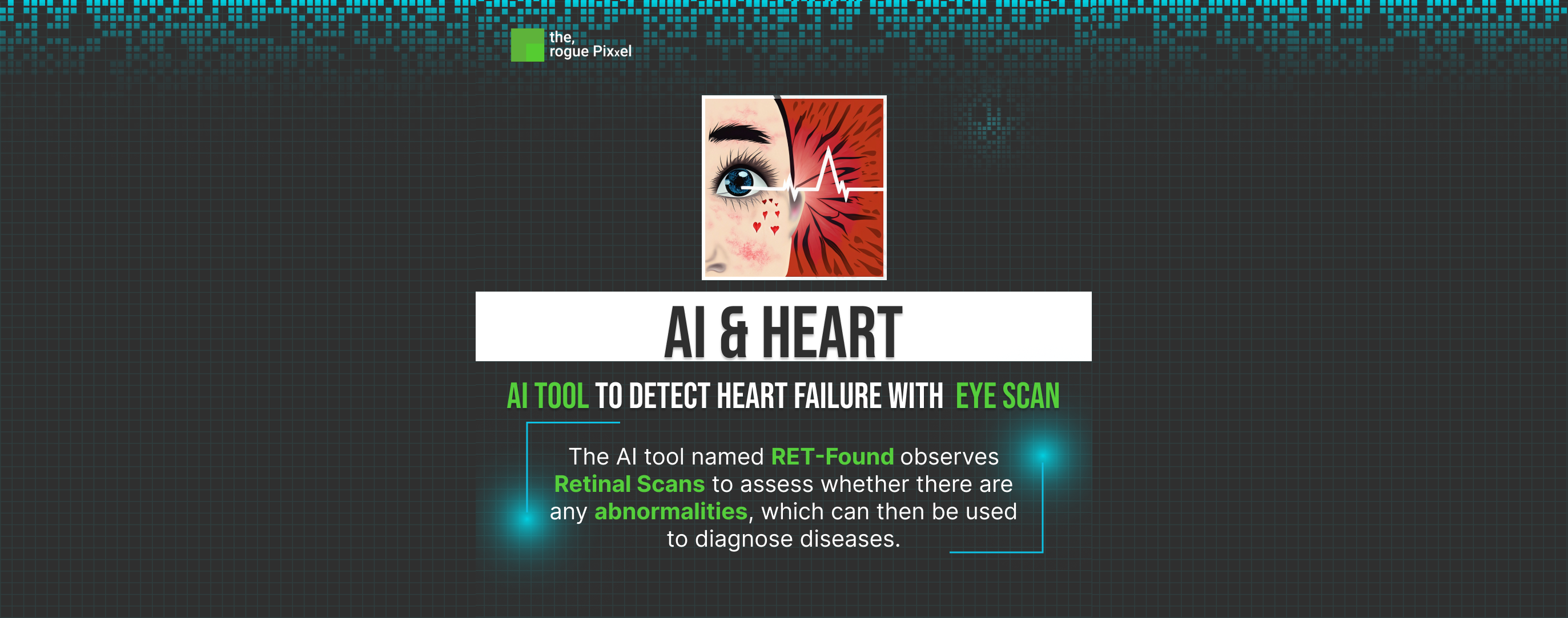
KaleidEO Becomes the First Indian Company to Achieve Edge Computing in Space
Bengaluru-based KaleidEO Space Systems has marked a milestone in the space data analytics domain as the first Indian company to implement edge computing in space, by analyzing images captured by an orbiting satellite in real-time. The achievement, facilitated in collaboration with Satellogic and Spiral Blue, showcases deep learning algorithms capable of analyzing satellite imagery directly on the satellite, detecting aspects like cloud formations, road networks, and water bodies. This development, which offers data processing efficiency nearly 80 times faster and a 99% reduction in data volume, is gearing towards KaleidEO's mission of launching four edge computing-enabled satellites in 2025. This technology is poised to revolutionize real-time disaster response and national security operations, drastically reducing downlink costs and facilitating faster data analysis.
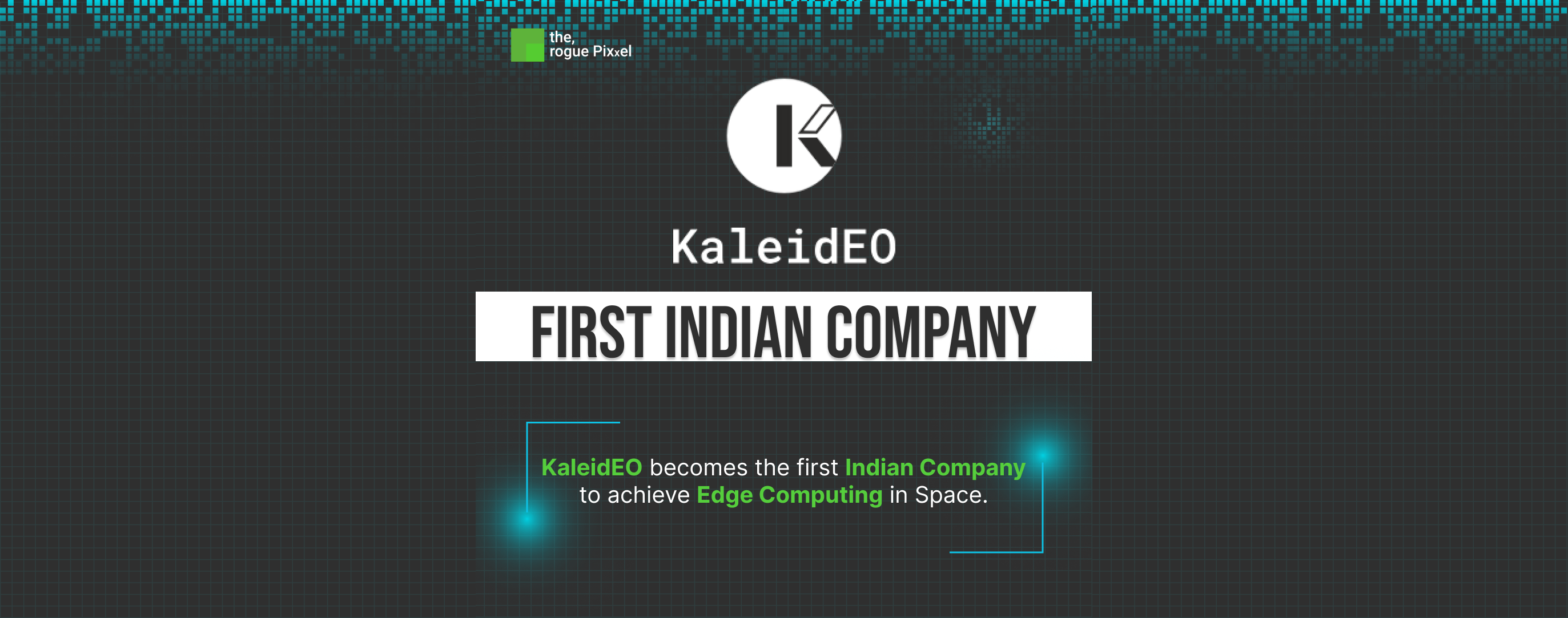
Google Expands Emoji Kitchen to Web Search: A Fun Way to Create and Share Emoji Mashups
Google is bringing its popular Emoji Kitchen tool, which has been a staple feature on Gboard for Android users, to web search and mobile browsers, including for iOS users. Users can access the tool by searching "emoji kitchen" on Google, where they will encounter a "Get cooking" button that leads to an emoji list to create fun mashups or random combinations. These newly-formed emojis can then be easily shared on supported messaging platforms like Slack and WhatsApp. Jennifer Daniel, a designer at Google, announced the tool's expansion to the web, allowing more users to spice up their online conversations with creative emoji combinations.
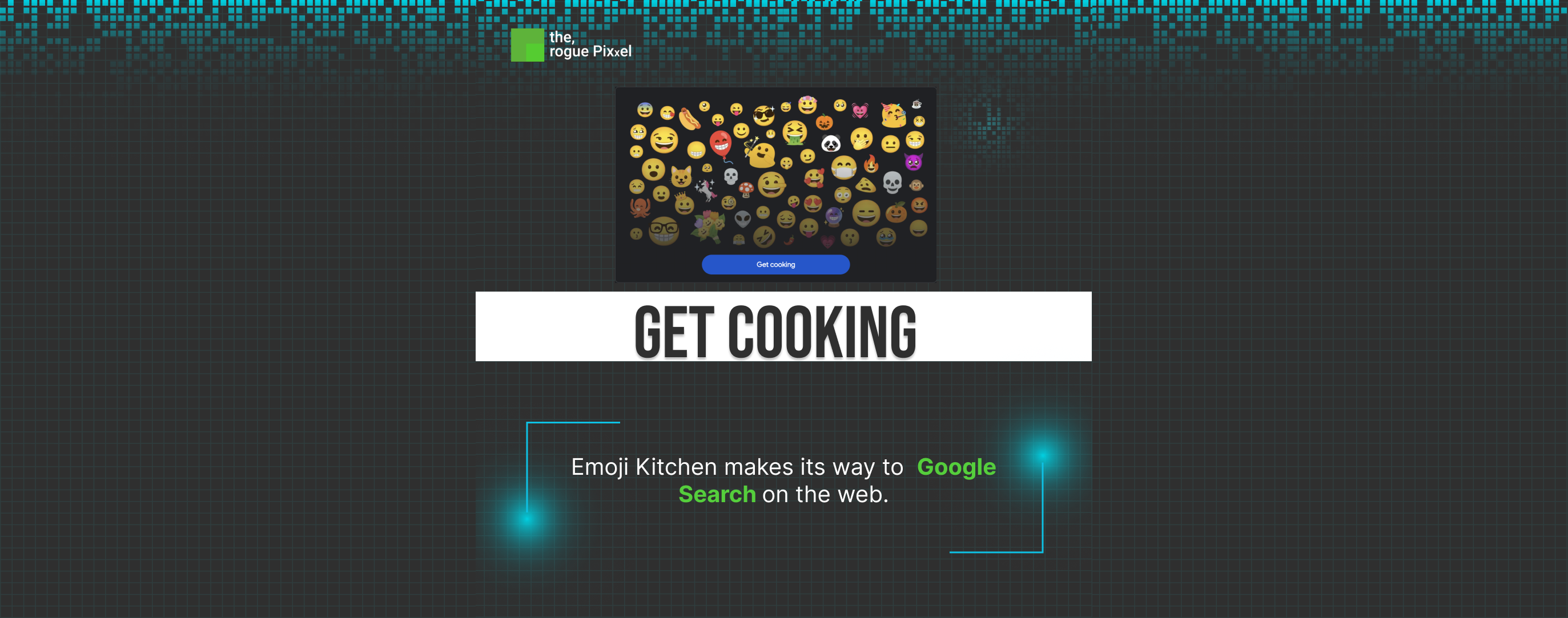
Coca-Cola launches limited edition soda created using AI technology.
Coca-Cola has introduced a limited edition soda, named Coca-Cola Y3000, which has been created using AI technology to determine flavour profiles and packaging design. Based on data about key flavour preferences and trends gathered by researchers, the AI system developed a "futuristic" flavor available in both sugar and zero sugar varieties. The packaging sports a fresh look with purple and pink hues, and a pixelated version of the classic logo. Coca-Cola aims to provide a taste of what the future might entail, combining AI technology with consumers' perceptions of future tastes and experiences.

Tags:
Popular Articles

Digital Marketing Trends
What are the Latest Digital Marketing Trends and How Can They Help You?

Rise of ChatGPT
Bringing Artificially Intelligent Document Processing Into the Future

Covid19 and Digitization
How COVID19 Pandemic pushed companies over Digitalization
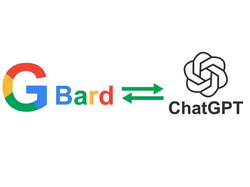
Bard vs ChatGPT
Bard Chat Bot vs ChatGPT: Which AI Bot is Better?

Branding in Digital Era
Brand Building in the Era of Digital Transformation

Latest Trends in Digital Marketing in 2023
What are the most prevalent trends in digital marketing, and how can they help you?
